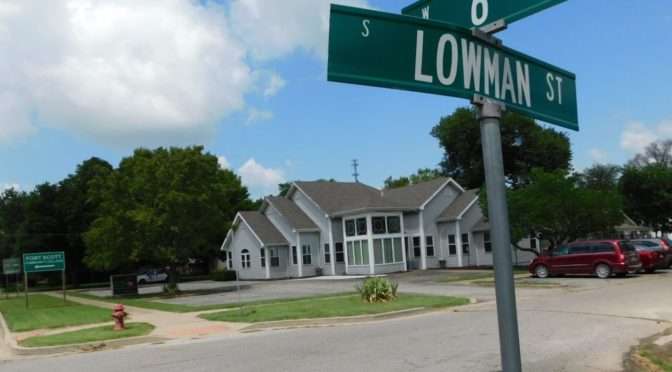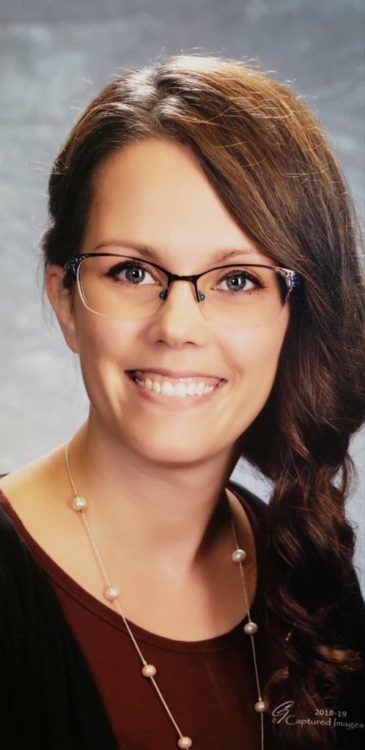TOPEKA – The Kansas Department of Health and Environment (KDHE) has amended its travel quarantine list to remove the countries of Austria, Belgium, Cayman Islands, Czechia, Gibraltar, Jersey, Liechtenstein, Netherlands, Slovakia and Slovenia. The country of Andorra has been added to the travel quarantine list. An unvaccinated individual should quarantine if they meet the following criteria:
- Traveled between Nov. 4 and Dec. 17 to Slovenia.
- Traveled between Nov. 18 and Dec. 17 to Austria, Cayman Islands and Gibraltar.
- Traveled between Dec. 2 and Dec. 17 to Belgium, Czechia, Jersey, Liechtenstein, Netherlands and Slovakia.
- Traveled on or after Dec. 17 to Andorra.
- Attendance at any out-of-state or in-state mass gatherings of 500 or more where individuals do not socially distance (6 feet) and wear a mask.
- Been on a cruise ship or river cruise on or after March 15, 2020.
The next travel quarantine list update will be sent out during the first week of January.
The travel and mass gathering quarantine period is seven days with a negative test result or 10 days without testing, with release from quarantine on Day 8 and Day 11, respectively. Further information on quarantine periods can be found on KDHE’s website.
For those traveling internationally, the Centers for Disease Control and Prevention (CDC) is requiring testing within three days of flights into the U.S. For further information on this and other requirements, visit their website.
For those who are fully vaccinated (meaning it has been greater than two weeks since they completed their vaccinations) they are not required to quarantine regarding travel or mass gatherings if they meet all of the following criteria:
- Are fully vaccinated (i.e., ≥2 weeks following receipt of the second dose in a 2- dose series, or ≥2 weeks following receipt of one dose of a single-dose vaccine).
- Have remained asymptomatic since the travel.
Persons who do not meet the above criteria should continue to follow current quarantine guidance for travel or mass gatherings.
Additionally, people with previous COVID-19 disease are not required to quarantine following travel if they meet all of the following criteria:
- Have evidence of a previous infection supported by a positive PCR or antigen test
- Are within 6 months following infection. If an investigation was done documenting the date that symptoms resolved, or the date isolation measures were discontinued for asymptomatic patients, then the 6-month period can start from that end date. If those dates are not available, then the period will start from the date of the positive laboratory test. A serology or antibody test may not be substituted for a laboratory report of a viral diagnostic test.
- Have remained asymptomatic since the travel
Persons who do not meet all three of the above criteria should continue to follow current quarantine guidance for travel.
The travel quarantine list is determined using a formula to evaluate new cases over a two-week period, then adjusted for population size to provide a case rate per 100,000 population. This provides a number that can then be compared to the rate in Kansas. Locations with significantly higher rates — approximately 3x higher — are added to the list.
For more information on COVID-19, please visit the KDHE website at kdhe.ks.gov/coronavirus.



